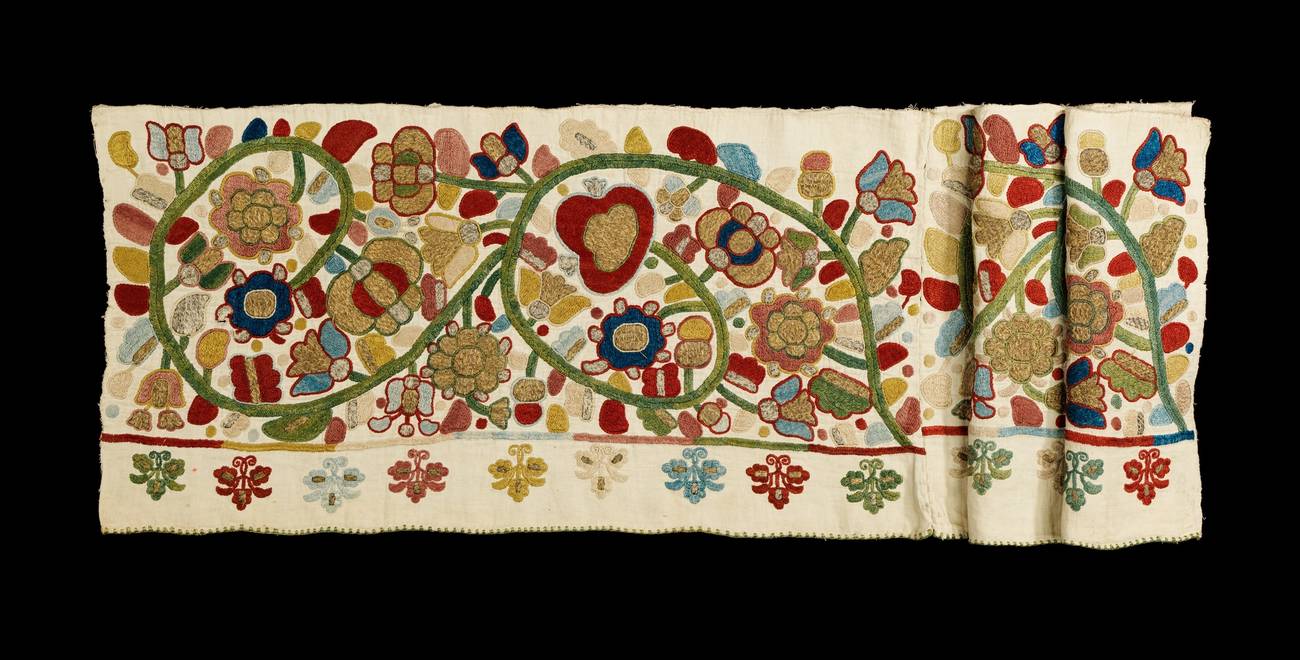The Doors of Ukraine
Fragments of prayer and poetry



I don’t think I’ve ever known what it means to pray for peace. I have said the words many times, but it was only on the morning of Russia’s invasion into Ukraine that I felt a blanket of fear so thick, so dreadfully thick, covering every cell in my brain and my body, tightening around my helplessness, that something opened within and I saw it: The one who makes peace on high, will make peace for us. This is what that prayer is: the deepest and most primal of desires, most communal and most personal, and the one most impossible and abstract. Peace is divine, as divine as it gets, isn’t it.
When I meet new people, after requisite introductory questions, I sometimes tell them that I came to America from Ukraine as a teenager, alone, and then nearly everyone asks, in disbelief: Your family stayed? Why? Sometimes I tell them about my grandparents and the graves they did not want to leave behind. Sometimes I tell them about the satisfying careers my parents have, and the successful business my extended family members run. I don’t usually talk about their friends, of all ethnicities and backgrounds, friends they’ve been through everything with. I barely ever mention their beloved dacha with its luscious shrubs of gooseberries and currants, with cherry trees and pears, plums and apricots and walnuts, and the horde of stray dogs and cats they dutifully bring scraps for. I never say anything about the guilt I feel about having chosen the career of a writer and Jewish educator, rather than something more lucrative, and not earning enough to buy all of us a big American dream house, let alone two, as I once dreamed I would, many years ago. But of course there’s already enough room. Of course, I’m not the one who should be feeling guilty here. Only poetry can give us the language to understand the fractured mythic shape of ourselves, only poetry can give us the word-sutures to put ourselves together in our broken beauty. I tell myself these things, all of these things.
The word “Ukraine” is related to the word “orkrayna” (shared by both the Russian and Ukrainian languages) and means the edge, border, outskirts, boondocks. “Kruy” means both the “edge” and “region,” and it is pronounced exactly like the English “cry,” a self-fulfilling prophecy.
As for the town where I was born, and where my parents still live, it was originally named Elizavetgrad, it was built at Czarina Elizaveta’s behest, on the edge of the Russian Empire to hold off the nomadic tribes—whoever happened to be coming through that way. But before long, the empire swelled far past its original border, and the town became a “corner store in the middle of the block,” as one poet had it, a perpetually self-decontextualizing dot on the map.
All my thoughts in the past five days begin and end with this dot.
We lived on the seventh floor of a big, gray building. Our balcony was adjacent to the neighbors’ balcony, with a meter-thick wall separating the two. Except, due to a construction error, the wall also contained an opening across the two balconies, where we put a door. We had nothing in common with these neighbors, neither culturally nor ethnically, and our social circles could not be more different. Over the years, the family across the balcony hole became my parents’ closest, most trusted friends. Because proximity is a gift, and because every border has its doors. And poems work like that, too.
the day of the invasion
I refreshed
the screen incessantly as if shooting back at someone
inside my head
some people called and emailed
but too fucking much
requesting daily updates, facts, city name, locations
various folks kept posting
about their great-grandparents
from Ukraine
who the fuck cares?
my friend called me, softly asked something
and found a way for us to laugh together
my love made poppy seed lemon muffins
we sat with kids on the floor playing a game
and also laughed about how badly I kept messing up
at least now you’re calling every day
my mother said the next morning
maybe you’ll get used to it?
or will you get so sick of us you’ll never want to talk
to us again?
I want to say something to the American government about opening up the doors to Ukrainian refugees right now. I want to say something to my Jewish friends about opening up their doors to Jewish refugees both from Ukraine and Russia, because I know in my bones whose fault the war’s failure will be put upon, whose deaths will unite and heal all in the end, whose death will be, once again, a poem, a poem we will not be able to write.
Jake Marmer is Tablet’s poetry critic. He is the author of Cosmic Diaspora (2020), The Neighbor Out of Sound (2018) and Jazz Talmud (2012). He has also released two jazz-klezmer-poetry records: Purple Tentacles of Thought and Desire (2020, with Cosmic Diaspora Trio), and Hermeneutic Stomp (2013).